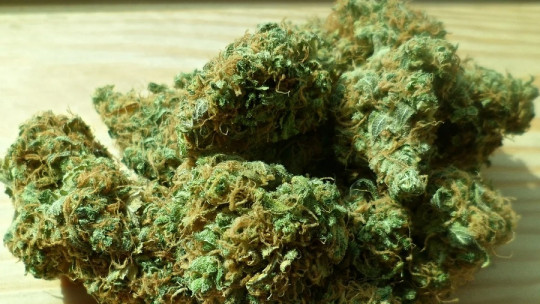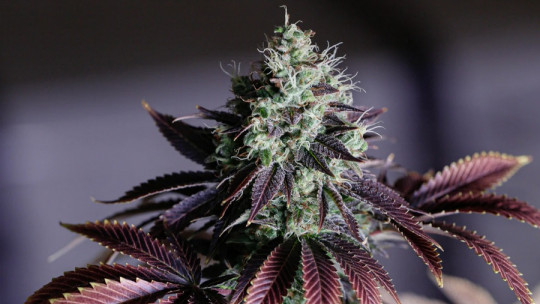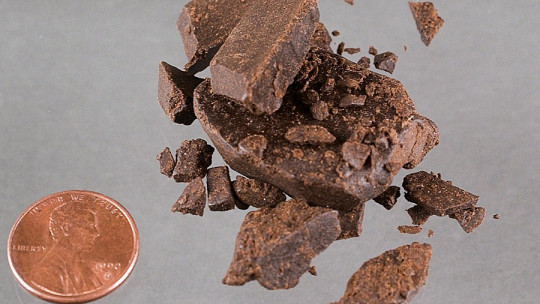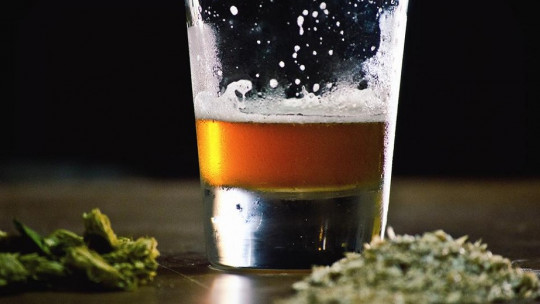Cannabis consumption has increased in recent decades, and there is a lot of controversy about what the true consequences of its use are, requiring a view free of prejudices or moral arguments about what each person should do with their conscience.
We also know that there are many therapeutic applications of cannabis, which is why a comprehensive approach is required that considers all the nuances. This article attempts to address one of those nuances: understand its effects on brain development, especially during pregnancy and at an early age
Characteristics of tetrahydrocannabinol
Tetrahydrocannabinol (THC), the main psychoactive compound present in cannabis, binds to the endocannabinoid receptors CB1 and CB2 in the central nervous system.
Although the body’s natural cannabinoids also interact with these receptors, THC shows a greater affinity which can have detrimental consequences for brain development and the neocortex when it occurs during pregnancy, or before 25 years of age.
The effects of cannabis use on brain development
The so-called endocannabinoid system plays a fundamental role in brain development, regulating key neurobiological processes such as neurogenesis (formation of new neurons), neuronal migration, synaptogenesis (formation of new synapses or connection points between neurons) and synaptic plasticity. THC, by binding to the CB1 and CB2 receptors, interferes with these processes, by coupling to those receptors in the way it does. This can negatively affect brain development and neocortex function
Neurogenesis and neuronal migration
In the case of Neurogenesis and neuronal migration: here new neurons are produced from neural stem cells. Endogenous cannabinoids, such as anandamide, positively regulate neuronal proliferation and differentiation. However, THC exposure during development may alter neurogenesis and neuronal migration which can lead to abnormal brain organization.
Synaptogenesis and synaptic plasticity
Regarding Synaptogenesis and synaptic plasticity: synapse formation and synaptic plasticity are essential processes for normal brain development and cognitive function. Activation of CB1 receptors by endogenous cannabinoids regulates the formation and strengthening of synapses. However, THC, by interfering with this process, can affect synaptic plasticity and proper neuronal communication. This can have long-term consequences on learning and memory.
Development of the neocortex
Regarding the development of the neocortex: this is the most evolved part of the brain, and is responsible for “higher” functions, such as abstract thinking and decision making. It is an area of the brain especially vulnerable to the effects of THC during development , because it is a structure that does not fully develop until around 25 years of age. Studies have shown that cannabis exposure in early adolescence and young adulthood is associated with alterations in the structure and function of the neocortex, which may have implications for cognition, emotion, and behavior.
Perhaps this area of the brain is the most relevant, considering young people who did not have exposure to THC during pregnancy or the first years.
The importance of avoiding cannabis during pregnancy and before the age of 25
It is between the ages of 14 and 25 when it is very likely that there will be an opportunity to experiment with the use of marijuana The functions of the neocortex include executive functions, among which we can count the ability to set a goal, and then develop a systematic plan of action to get closer to said goal. This, if impeded in the slightest way, could translate into difficulty in gaining clarity about life goals, and lack of order and consistency for the implementation of a concrete plan to advance towards goals that may take many years to achieve. THC at an early age could make it difficult to sustain sustained efforts to get closer to life goals. This doesn’t mean it makes it impossible, but it can add difficulty that may be best avoided.
Based on current scientific evidence, It is crucial to be aware of the harmful effects of cannabis use during pregnancy and before the age of 25 THC, by interfering with key neurobiological processes in brain development, can have long-term consequences on cognitive and emotional functioning.
Now, after that critical period, that is, after the age of 25, there is no conclusive evidence that cannabis consumption negatively affects brain functions in the way it does during the phases of full development.
Therefore, for the health and well-being of future generations, it is essential to avoid the use of cannabis during pregnancy and breastfeeding (THC passes through breast milk), as well as to limit its use as much as possible at an early age. .









